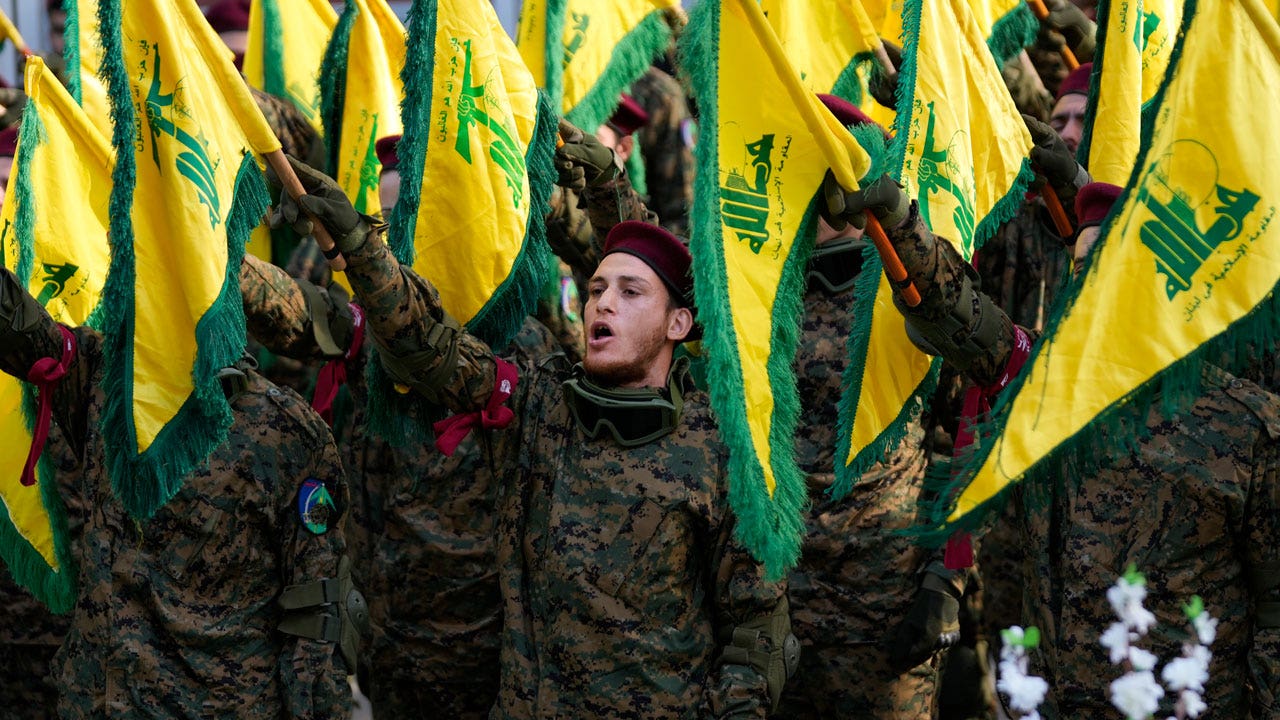Lebanon responds positively to U.S. plan for Hezbollah disarmament

Lebanon has responded positively to a proposal put forward by the United States, which outlined the complete disarmament of the Iran-backed terrorist group Hezbollah in exchange for the withdrawal of Israeli troops from its southern region. The U.S. envoy to Lebanon, Thomas Barrack, expressed his satisfaction with Beirut’s prompt response to the proposal, calling it “spectacular” and commending the government for its efforts.
The proposal, issued on June 19, called for the disarmament of Hezbollah within a four-month timeframe. Barrack, who met with Lebanese President Joseph Aoun to discuss the response, emphasized the importance of achieving peace in the region. He stated that both Lebanon and Israel share the same goal of ending hostilities and working towards a peaceful resolution.
Negotiations are also underway to end Israel’s conflict with Hamas in the Gaza Strip, following a series of confrontations on multiple fronts last fall. A truce was reached in Lebanon after a bombing targeted Hezbollah members, leading to the group’s partial retreat from the southern region. However, reports suggest that Hezbollah may be hesitant to give up all of its arms, leaving the details of the disarmament agreement unclear.
Israeli troops have remained in parts of southern Lebanon as a precaution against potential threats from Hezbollah, leading to continued skirmishes between the two sides. Barrack expressed optimism about the potential for Lebanon to join the list of nations that have normalized ties with Israel under the Abraham Accords, a key policy initiative of former President Trump. He also mentioned ongoing dialogue between Syria and Israel, hinting at a potential thaw in relations between the two countries.
Israeli Foreign Minister Gideon Sa’ar has expressed interest in expanding the circle of peace and normalization in the region, including countries like Syria and Lebanon. However, progress on normalization efforts would likely depend on Israel ending its conflict in the Gaza Strip.
Overall, the region appears to be moving towards a more peaceful future, with diplomatic efforts and negotiations playing a crucial role in resolving longstanding conflicts. The willingness of all parties involved to engage in dialogue and pursue peace offers hope for a more stable and secure Middle East.




